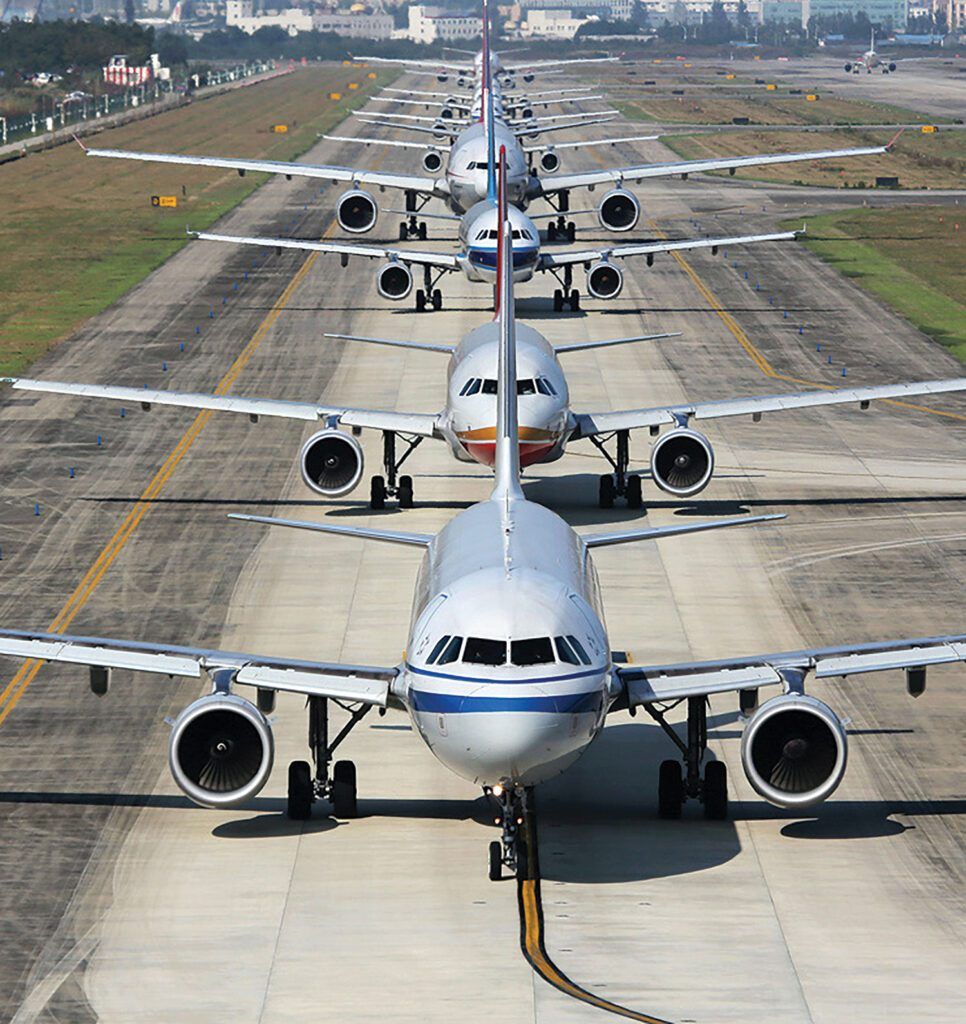
Right at the end of 2023, the U.S. airline industry decided it was time to revive one of its age-old shibboleths: that private aircraft are the source of air-travel delays. In a letter to Transportation Secretary Pete Buttigieg and FAA Administrator Mike Whitaker, industry organization Airlines4America (A4A) wrote to call their attention to operational challenges its member carriers experienced during the 2023 holiday season. “Specifically,” A4A President and CEO Nicholas E. Calio wrote, “significant non-scheduled aviation operations (i.e., business and private aviation volume) along with continued ATC staffing challenges have driven increased delays and cancellations over the holiday period.”
“The non-scheduled and inconsistent non-commercial operations create challenges for our carriers because flight plans are being filed at the latest points possible and some flights are changing destinations enroute,” Calio added. “All of this creates operational uncertainty for our carriers and the entire National Airspace System (NAS).” (Cue sad trombones.)
The A4A letter also urged the FAA to “take all possible actions to find the appropriate balance between commercial and private aviation traffic with the goal of minimizing delays and cancellations for the traveling public.”
Meanwhile, Harvard University economics professor Jeffrey Frankel wrote in the Toronto Globe and Mail two days before the A4A letter to DOT/FAA that the U.S. should adopt Canada’s model for air traffic management to ensure private aviation pays its fair share and prioritizes airline traffic over general aviation. According to sister publication AVweb.com’s Russ Niles, Frankel takes a slightly different approach from A4A, “saying the private not-for-profit contract model used by Canada will reduce the number of private aircraft by substantially raising their cost of access to the system.”
“The ATC system must have incentives to prioritize commercial airlines, which are more attuned to passengers’ needs, over the interests of the private-jet lobby,” Frankel, who is also a research associate at the U.S. National Bureau of Economic Research, wrote. “Privatizing the ATC system would make it accountable to the public and would compel private-jet owners to pay their fair share. This would result in fewer takeoffs and landings, thereby reducing airport congestion.”
If any of this sounds familiar, it should: The airlines and those who think they can make a profit on a privatized U.S. ATC system have been flogging the horses of GA-caused congestion for decades. One possible reason they’re resurrecting it now, as an election year kicks off, is in the hope they can sneak something related into the still-unfinished FAA reauthorization bill before Congress, a stopgap for which expires March 2.
“It’s unfortunate that the airlines appear to be prioritizing finger-pointing over facts when it comes to causes for aviation system delays because the fact is, delays are most often caused by weather and the practices of the airlines themselves,” NBAA spokesman Dan Hubbard said in response.



